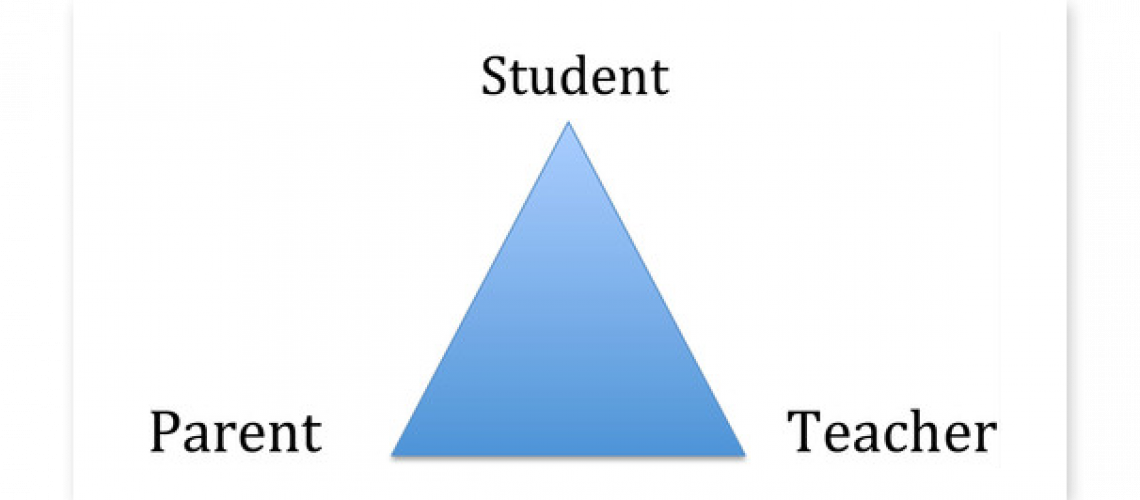I feel it. Looking around the pool where friends and neighbors were lounging and carefree all summer, there’s a certain change, a bit of electricity in the air. It’s the homestretch of summer break and parents and kids alike are getting that antsy feeling.
In some cases it’s anticipation. In others it’s trepidation. For the younger ones it can be fun to get new school supplies and clothing. Some older kids are looking forward to seeing friends they haven’t seen over the past two-and-a-half months and sharing their summer adventures. Some are interested in a class offered this year in their new grade or their eligibility for a club or sport. But then there’s homework, which seems to grow with each year, prolonged periods of inactivity, rules, and structure that most schools require.
Many parents and teachers are looking ahead too, some with excitement but there’s also wariness on their part. How will my child do this year? How will my class interact and gel this year? Will my child’s teachers “get” him? Will my students listen to me? Will my child be happy? Will I get through my lesson plans and meet requirements and standards? Will love of learning wax or wane?
The most important strategies for success in the classroom are personal connection and communication. To achieve happy, fulfilled education risk-takers, kids have to feel safe, understood and important. Part and parcel to this are parents who feel their kids are safe, understood and loved. Teachers want to feel respected and appreciated. The myriad of relationships in the parent-child-teacher triangle, are central to success.
Parents, listen to your kids’ fears and excitement. Acknowledge their concerns and commiserate that transitions can be hard. Remind them that each year is like a reboot, a fresh start. Help them feel comfortable coming to you with challenges by minimizing assumptions and judgment. Sometimes they just need to vent. Celebrate the positives, even if it’s gym class, lunch or recess that only identify with happiness at school.
Keep in communication with your kids’ teachers. Think of it as making a deposit in the “positive perspective bank account.” Let teachers know what your child did this summer and what he loves. Help them know who your child is – his strengths, his interests, unique things about him, and when and where he struggles. Be sure to tell the teacher when your child comes home with something positive to say about their class whether it’s a book they’re reading, a particular project or unit they’re studying or just the way the teacher made your child feel special. Make sure the teacher knows. Just as parents want to know what their children do all day long, so too, teachers want to know if and how they are impacting your child. Send a short email. This way, if down the road you need to talk to the teacher about a complaint or concern, the teacher knows you recognize and appreciate success in her classroom.
Teachers tell parents your philosophy of teaching and why you love it. Email parents when their child does something special in school or when they seem particularly interested in a topic. Letting parents know when and why you are proud of their child will go a long way when you have to talk to them about something not so positive. I call this making a deposit in the “trust bank account.” You have their children for more hours then they do during the week so the more they know you value their child as a part of your class the more parents relax and trust the process of educating.
Encourage parents to advocate for their child. On back to school night hand out a form for parents to fill in, listing their kids’ favorite and least favorite activities. Ask them to share what’s special about their child. Have them tell you their child’s hero. Ask what the child would do if he could do anything for three uninterrupted hours (then ask the same question but specify – other than video games). Ask for information that you might not otherwise know immediately upon meeting this student.
Gaining and growing trust between parents and teachers is paramount to a successful school year, particularly for kids who do not fit neatly within the “sit at your desk and listen” box. If you have a gifted or 2e student, chances are they’ve had some pretty rough times in school before – either academically or socially. At the beginning of the year, request a meeting with your child’s teachers – even if your child does not have an IEP or 504 Plan. Parents take the time to tell the story of your child. Teachers consider this time a gift – a gift of personal connection – the seeds of which can help you develop positive rapport and a strong relationship with your students. Making investments in the trust and positive perspective bank accounts will yield dividends of confidence and appreciation on behalf of parents, and an ability to freely engage for students.

Author: Julie F. Skolnick M.A., J.D.
Julie Skolnick, M.A., J.D., is the Founder of With Understanding Comes Calm, LLC, through which she passionately guides parents of gifted and distractible children, mentors 2e adults, and collaborates with and advises educators and professionals on bringing out the best and raising self-confidence in their students and clients.


